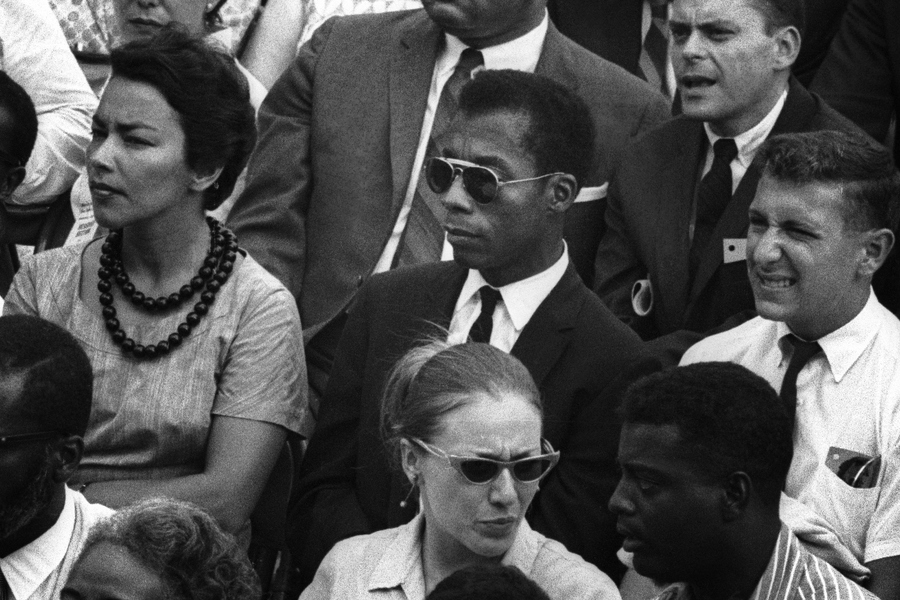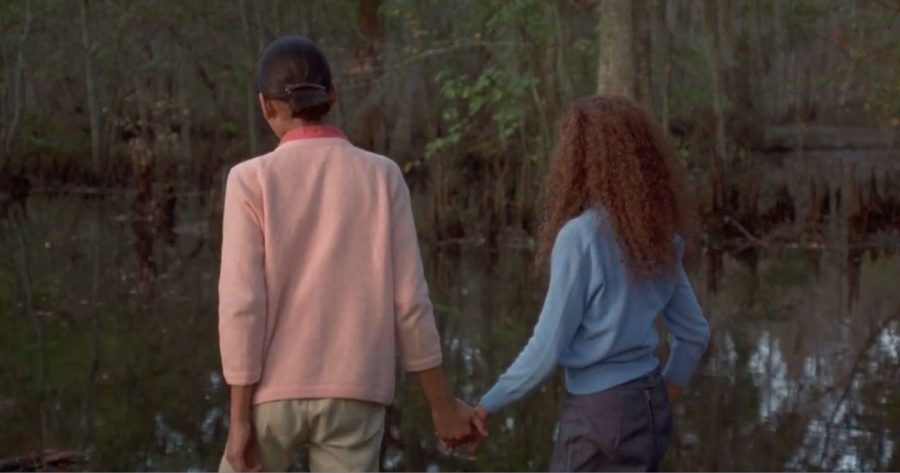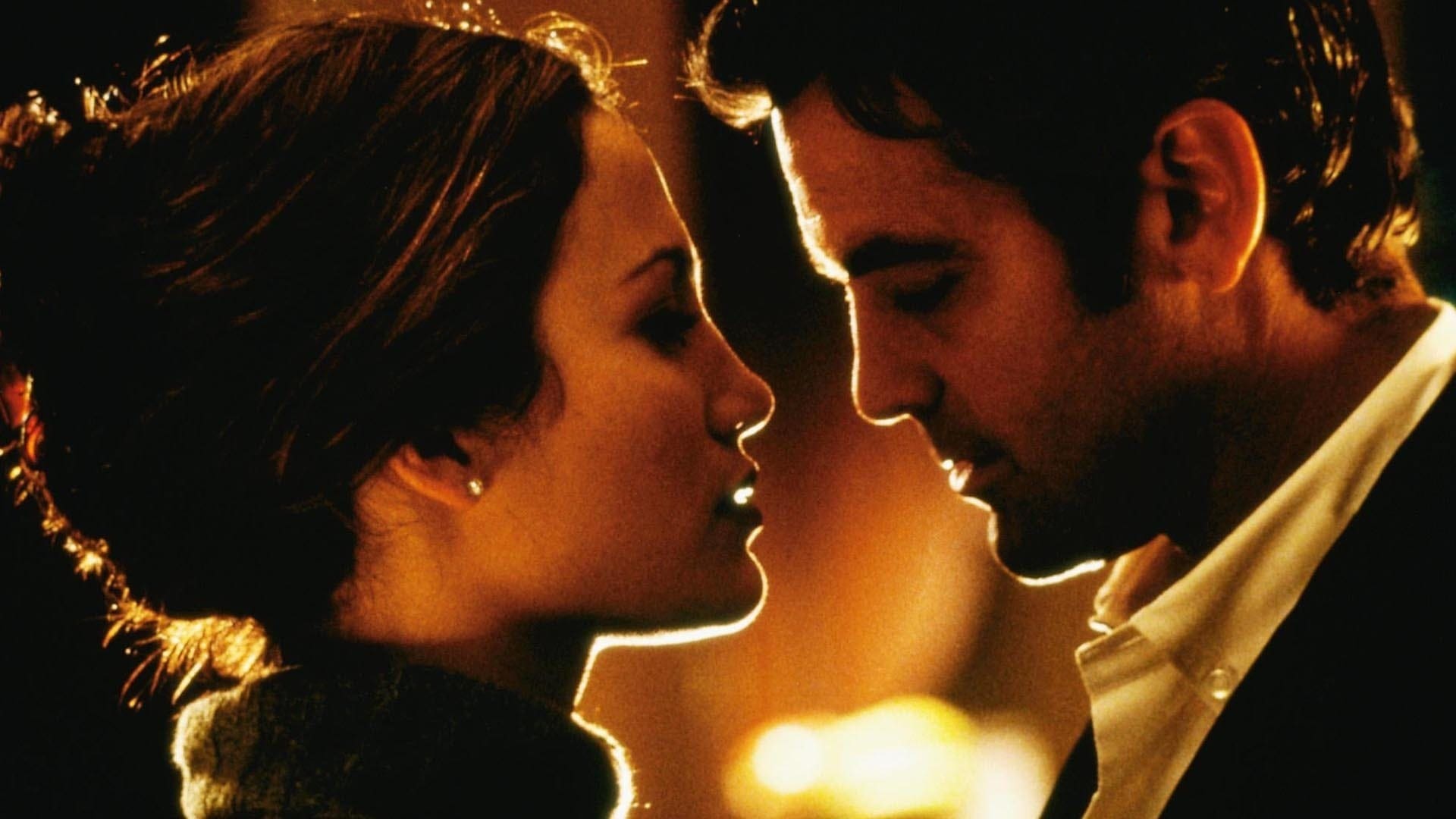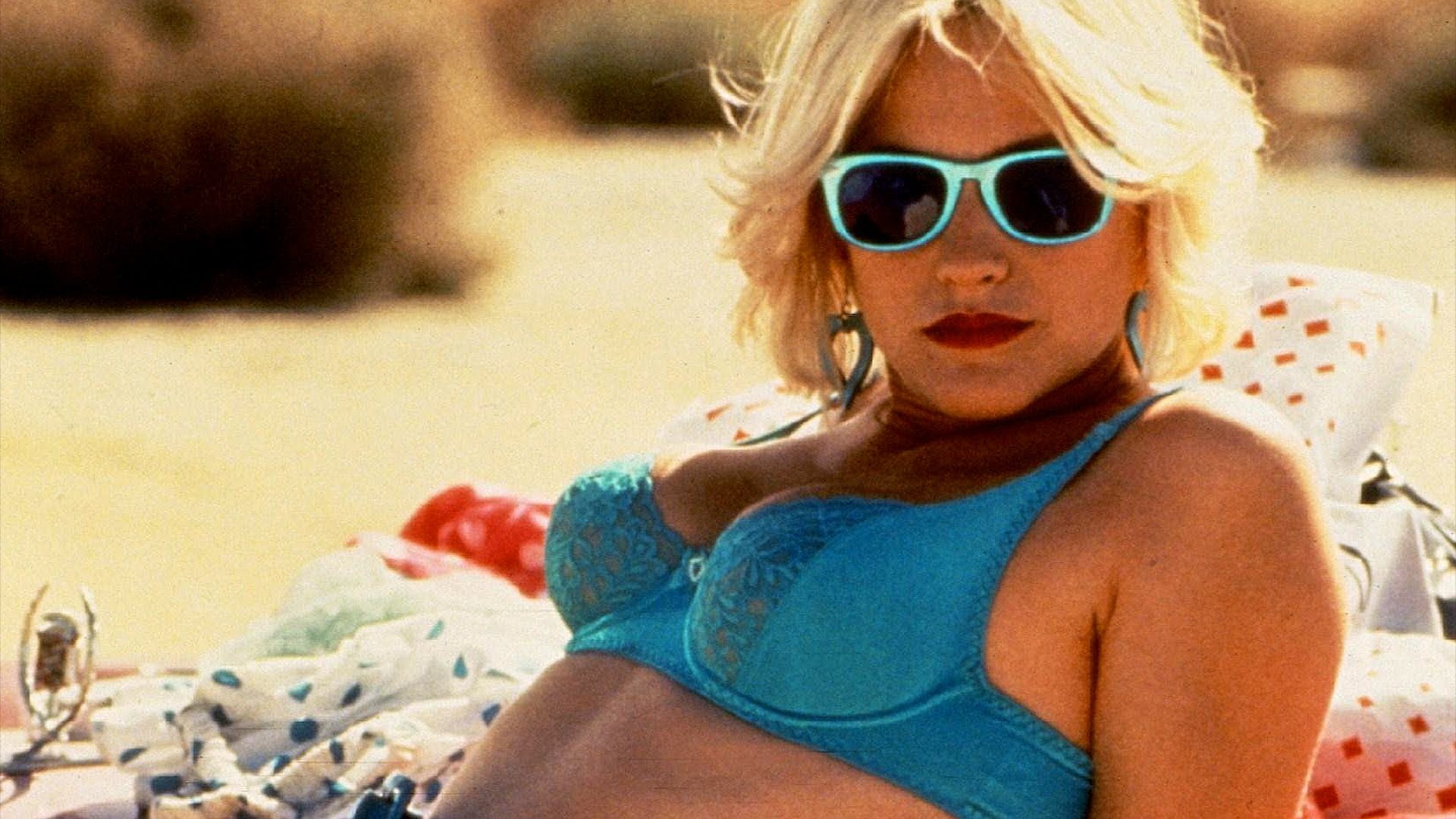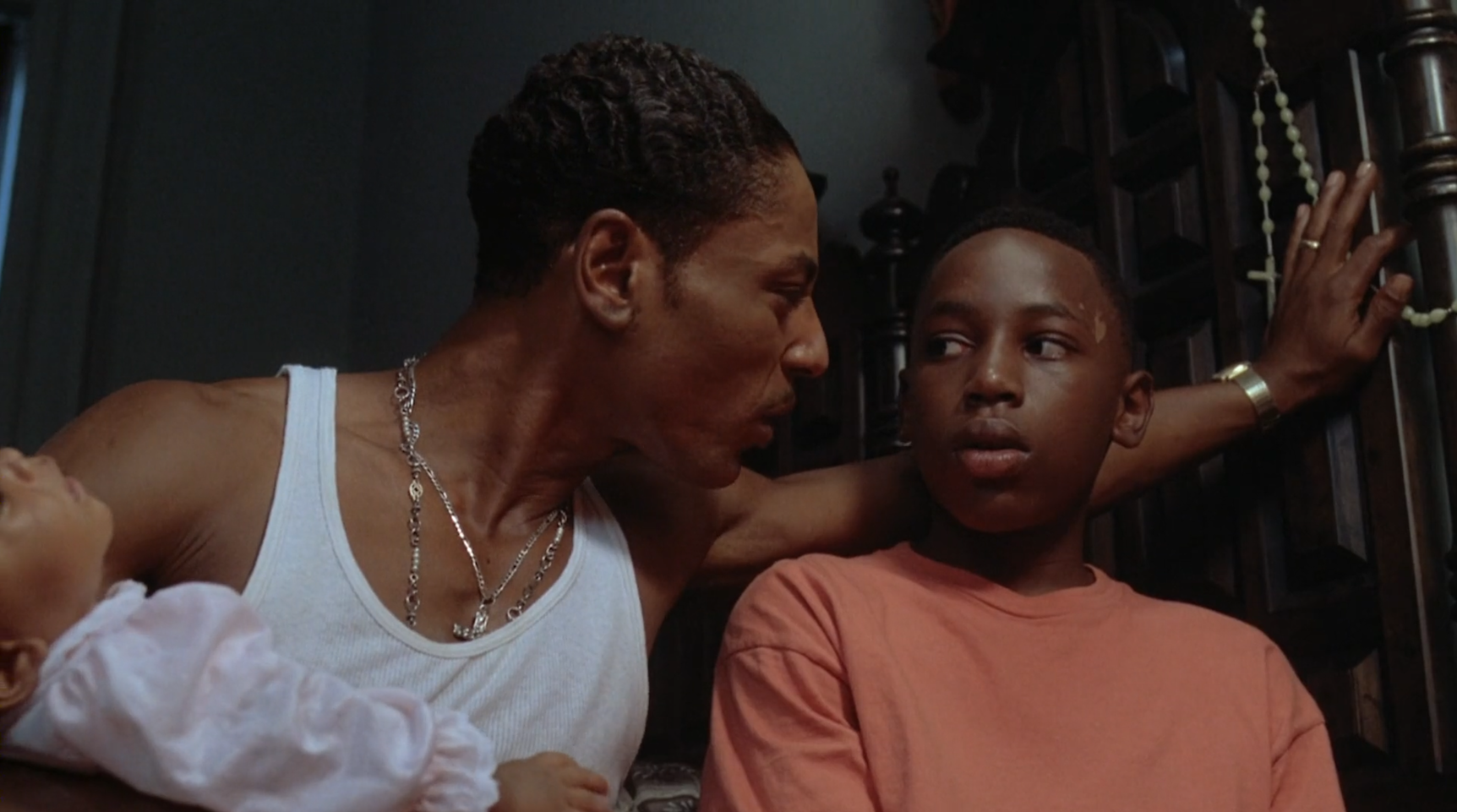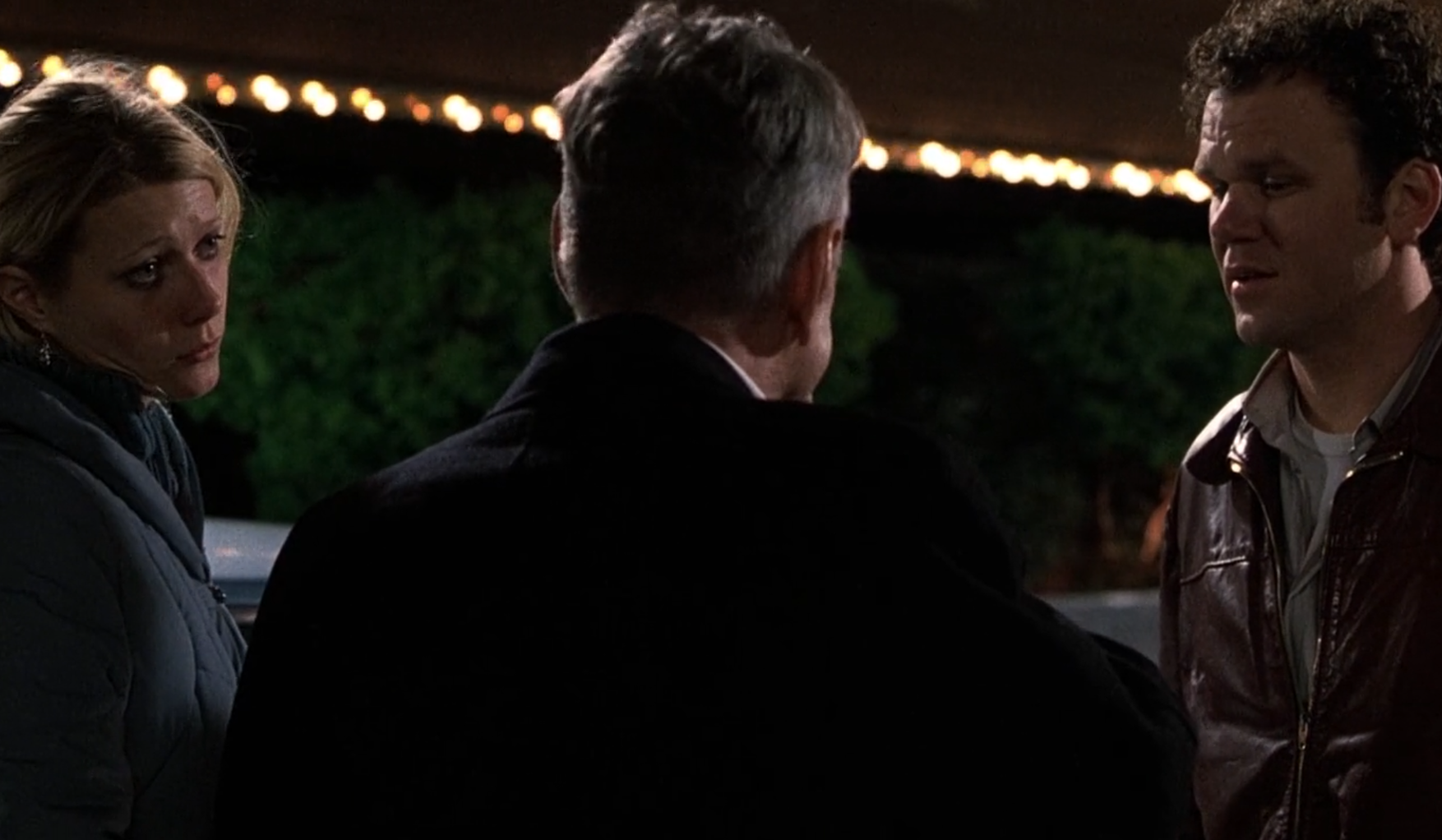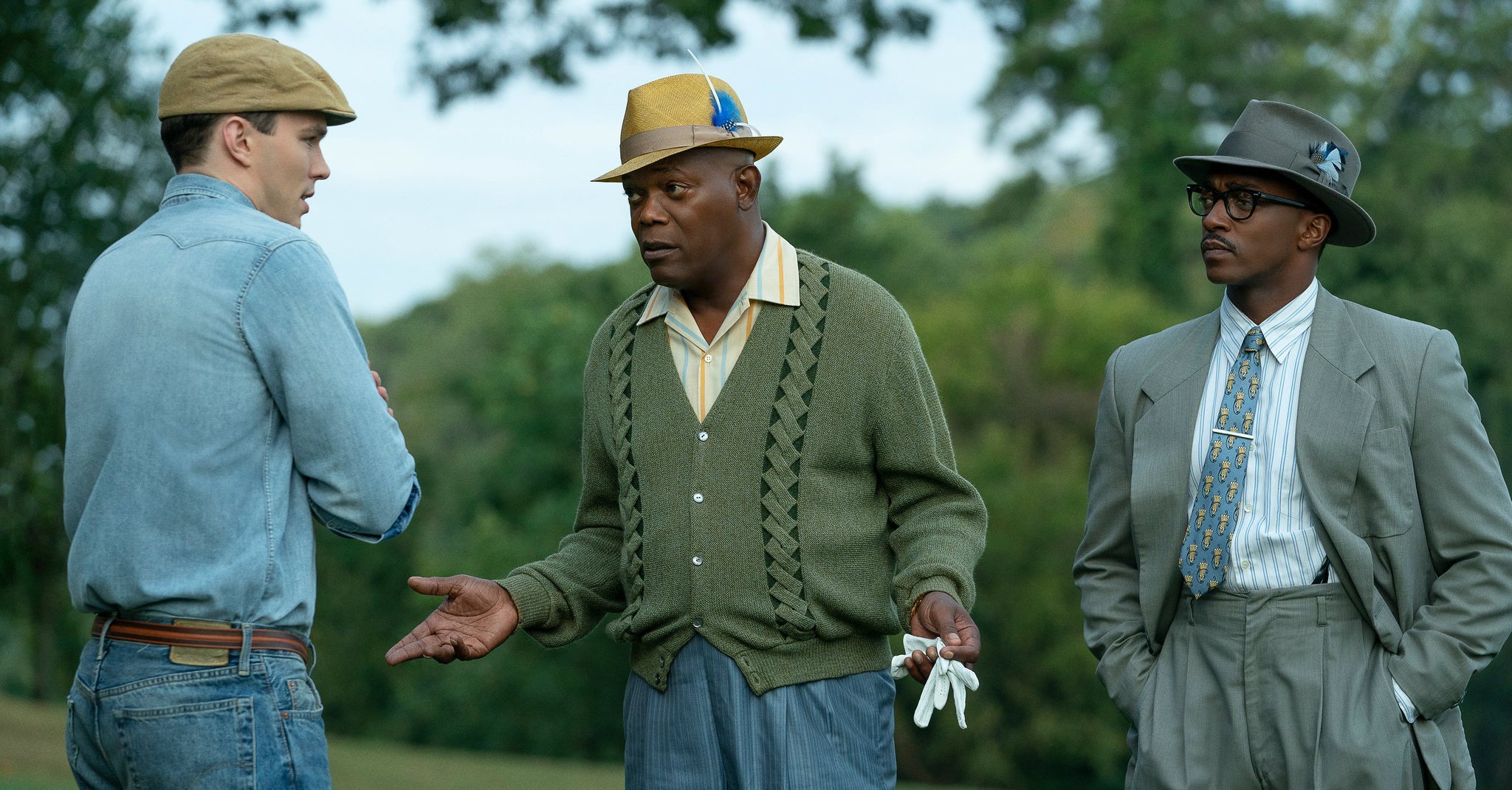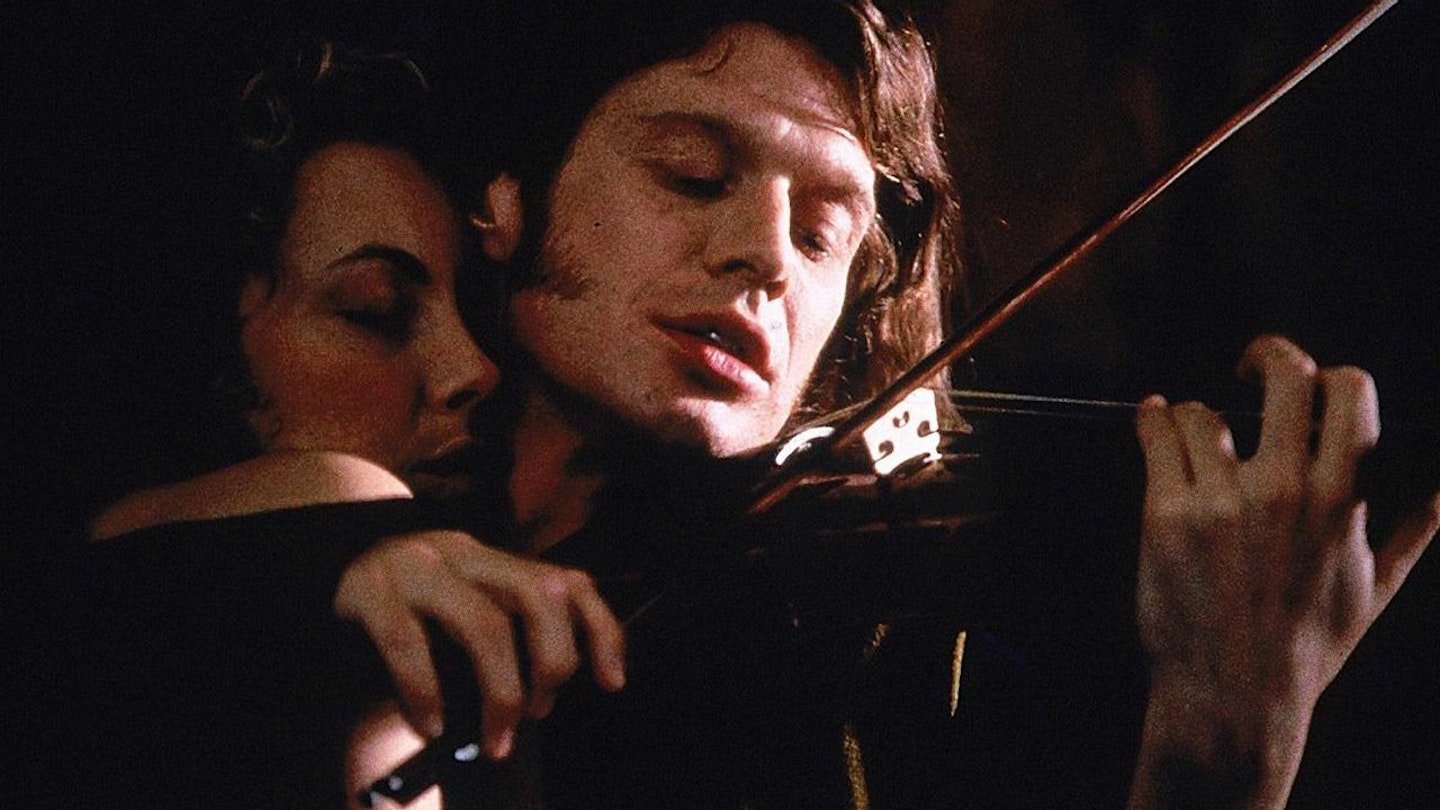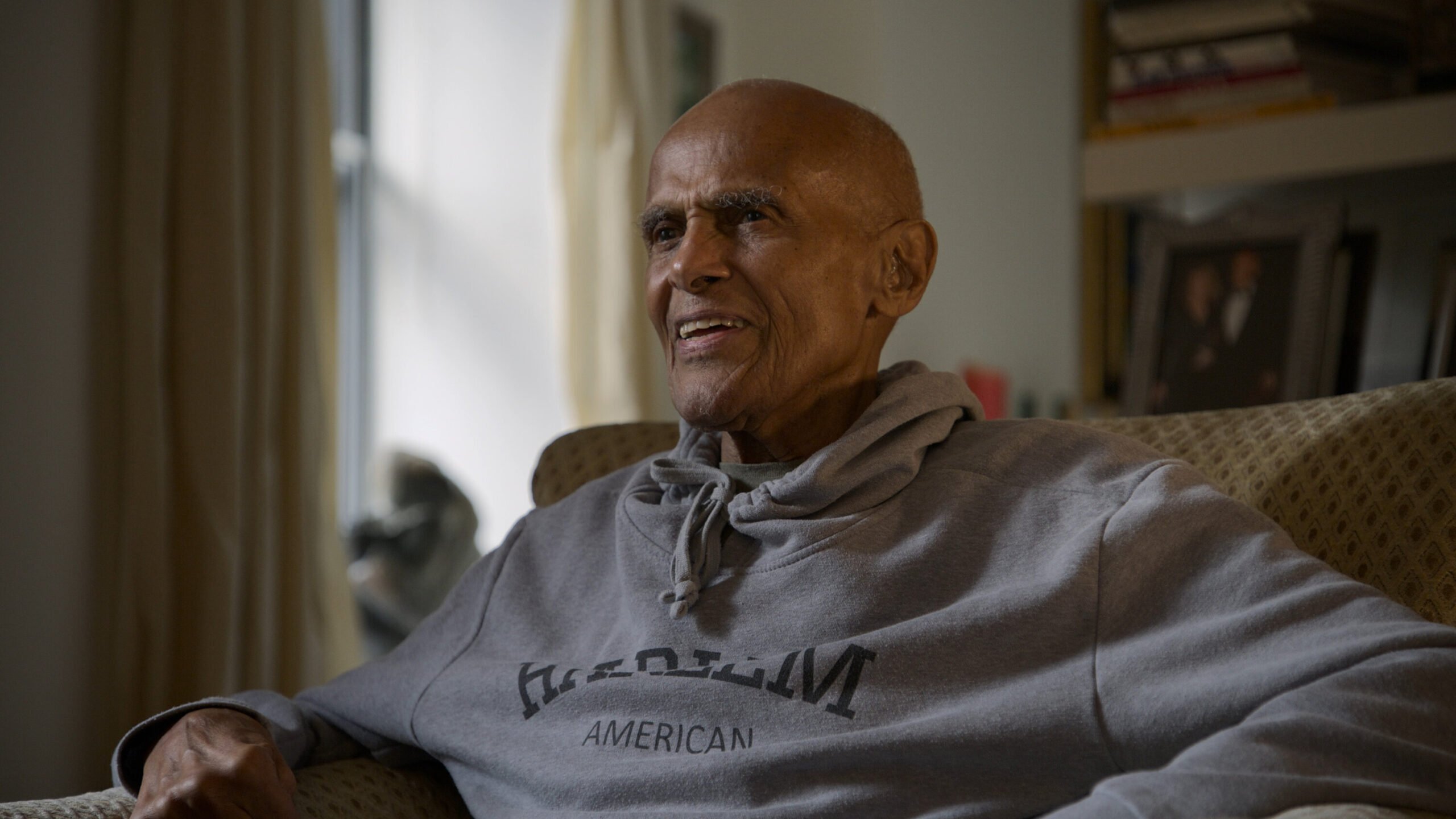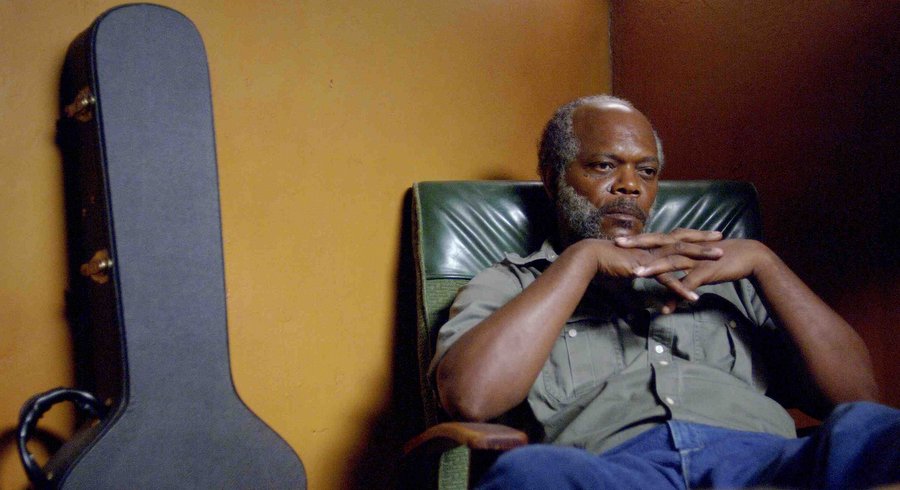We mostly think of objects as just stuff to buy, to sell, to give, and to throw away, but for many musicians, their instruments are quite important to them. The Red Violin takes it to the extreme– with the titular instrument infused with the life force of a human– but the film justifies this passion, the pain, and the cost through one of the most beautiful violin scores ever made, and through an ambitious series of vignettes spanning across four centuries and five countries. As the object passes hands, and the owners live, and play, and die, The Red Violin suggests that while these artists’ lives are fleeting, there’s still something human and important in chasing the sublime, and this instrument is just proof of it.
Genre: Drama, Music, Mystery, Romance, Thriller
Actor: Anita Laurenzi, Arthur Denberg, Carlo Cecchi, Clotilde Mollet, Colm Feore, Dany Laferrière, David Gant, David La Haye, Dimitri Andreas, Don McKellar, Dorothée Berryman, Eva Marie Bryer, Florentín Groll, Gregory Hlady, Greta Scacchi, Herman Meckler, Hong Tao, Irene Grazioli, James Bradford, Jason Flemyng, Jean-Luc Bideau, Jody Shapiro, Johannes Silberschneider, Joshua Bell, Julian Richings, Monique Mercure, Rainer Egger, Rémy Girard, Russell Yuen, Samuel L. Jackson, Samuele Amighetti, Sandra Oh, Stuart Yung Sai-Kit, Sylvia Chang, Sylvia Stewart, Tan Zeng-Wei, Tommaso Puntelli, Wang Xiaoshuai, Wolfgang Böck, Zhi Qiao, Zifeng Liu
Director: François Girard
Rating: R

